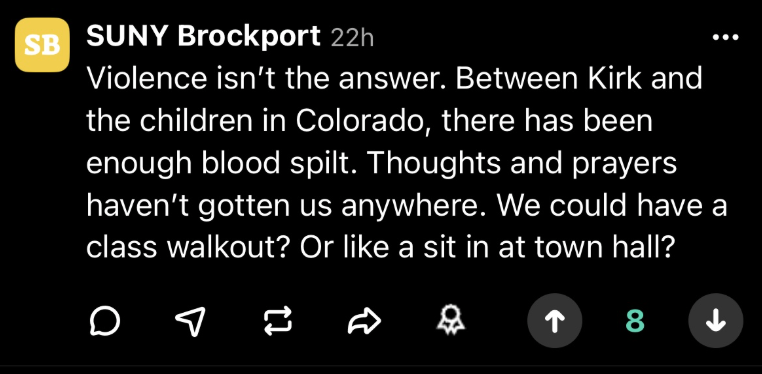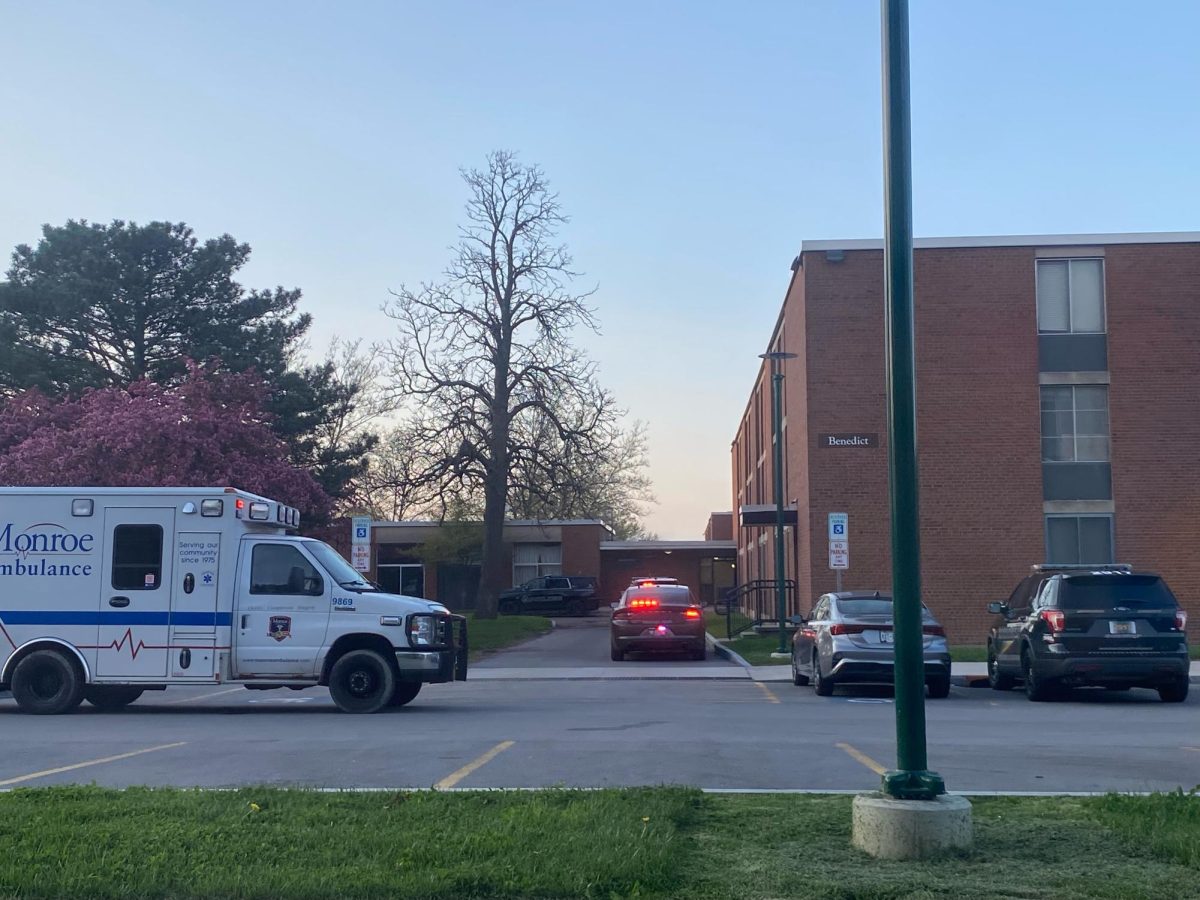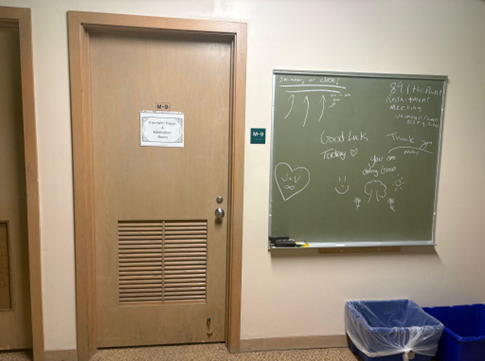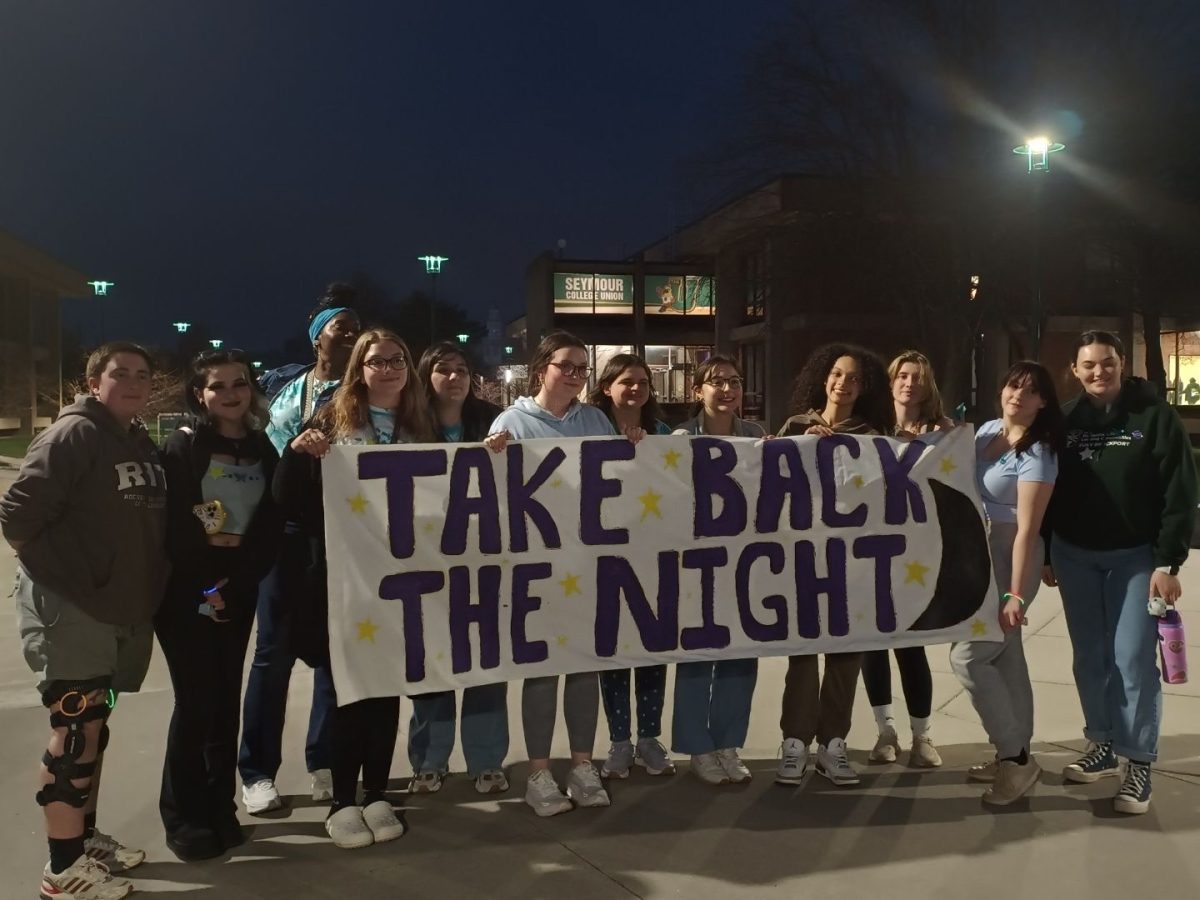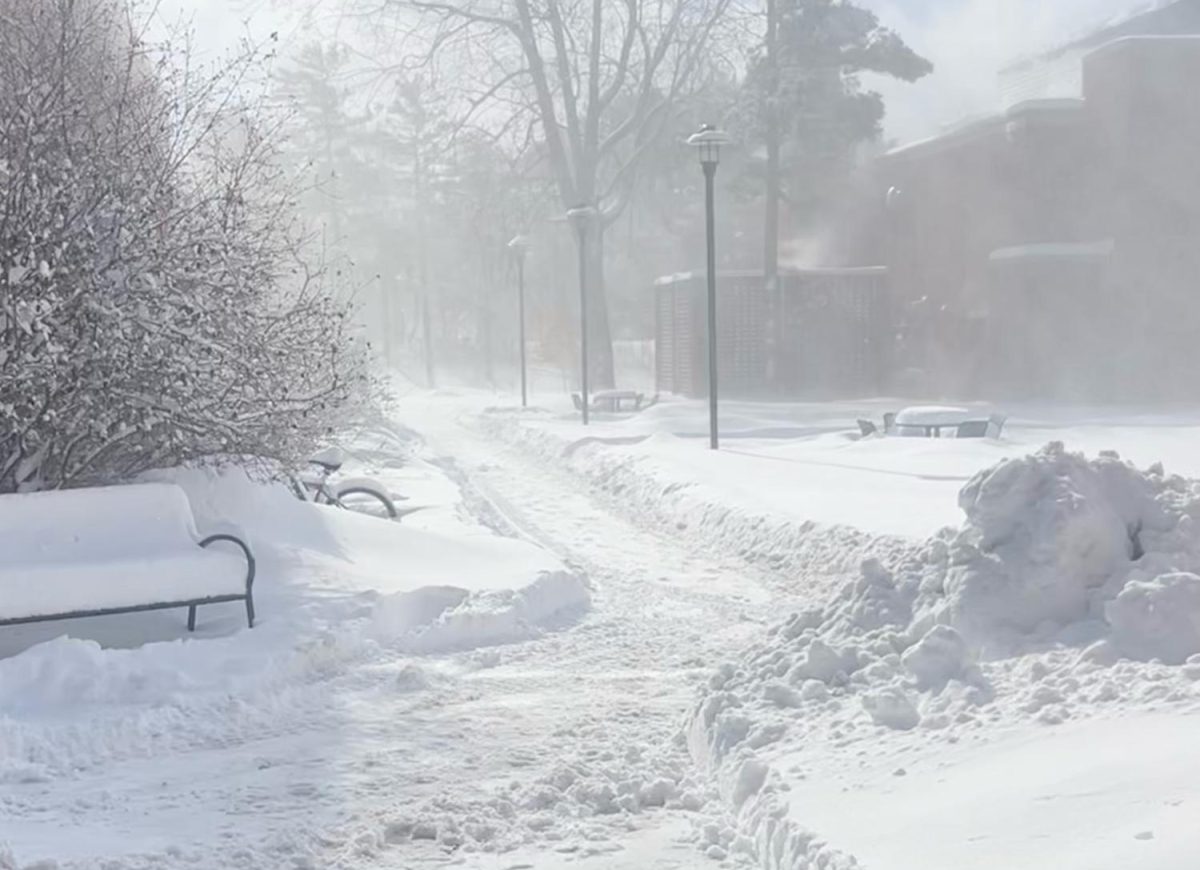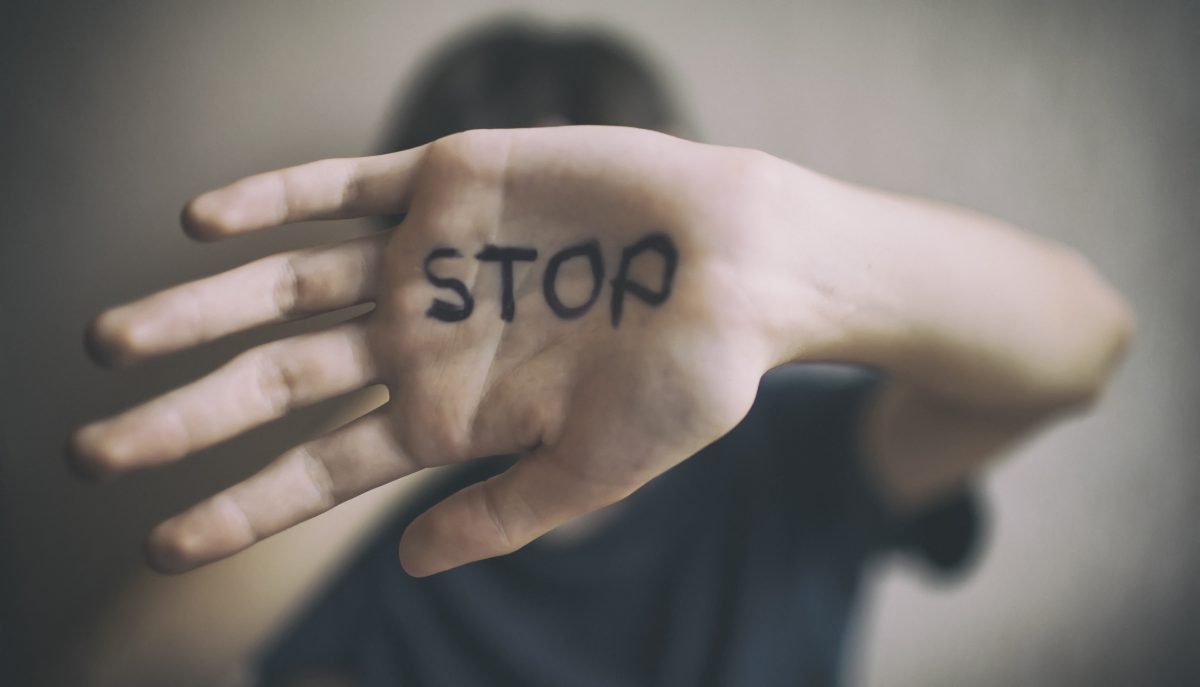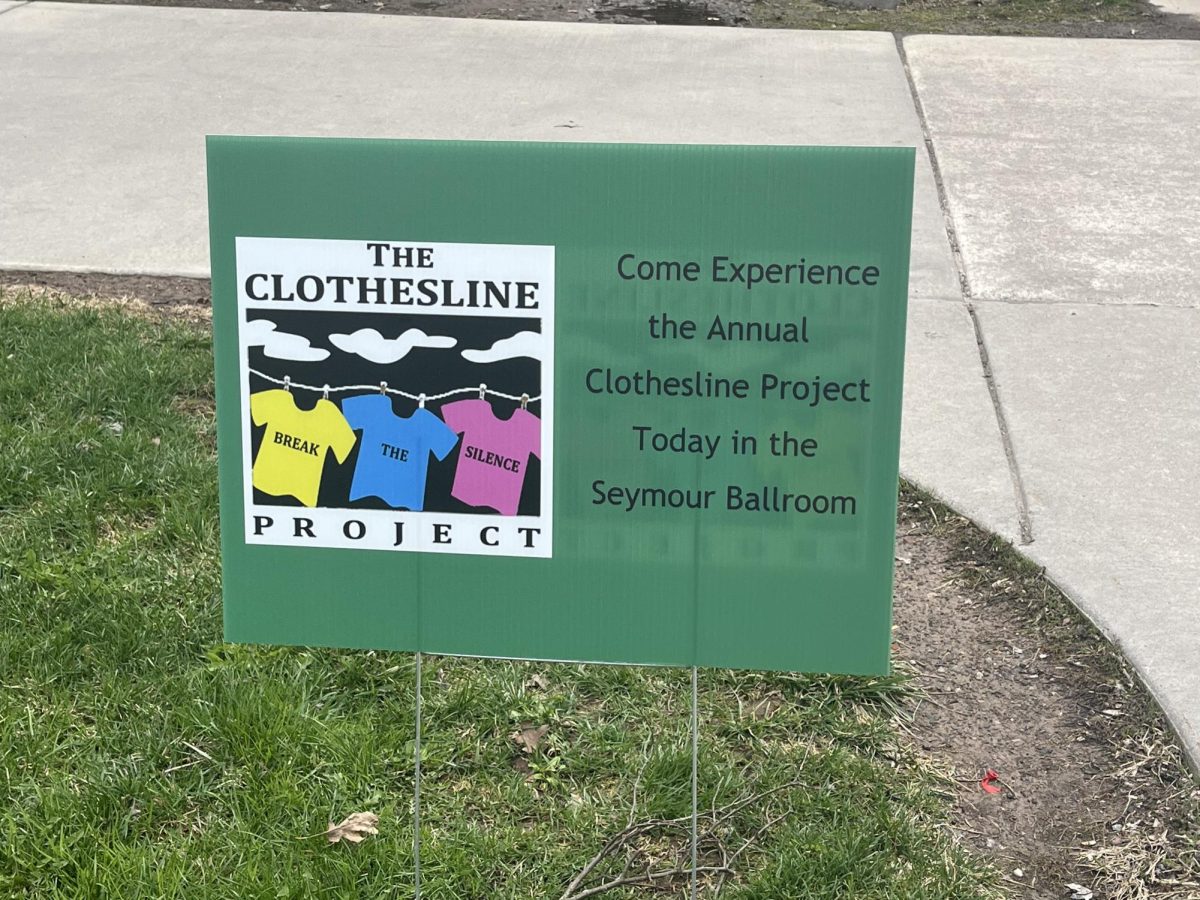Editor’s Note: This article was written on account of a domestic abuse victim who wishes to remain anonymous for their safety.
For the past two years, Jill (not her real name) has been living in a constant state of fear. Jill has been forced to live a life shadowed by a mad man.
Jill, only 17 years old at the beginning, met Steve (not his real name) at a bonfire. She had him on social media prior and saw him at the gathering leaning up against a car. She was moving on from a past relationship, so she decided to talk to him and instantly fell for him.
“The love bombing began after a few months; cute dates, sushi dates, drive ins and parks. I never saw the affection in parents, so it seemed perfect. I spent so much time at his place I was almost living with him, I fell in love,” Jill said.
Jill refers to the bad moments as red flags, shadows of what was to come. The red flags began to show after three months. The first incident was Steve screaming at her over a comment about his friend, claiming she was “embarrassing” him. Another time, she jokingly hit the steering wheel making the car move, and he screamed at her, making her cry.
The second was a time Jill and Steve went out to get food at a gas station. Jill got pizza logs but only got four instead of five. His reaction was to throw them on the ground, destroy a bunch of stuff in his car and have a meltdown saying, “workers don’t know how to work.” She was embarrassed and apologized to the workers as he continued to throw things in front of the workplace.
After four months together, she discovered there was an order of protection against him from a previous relationship.
“He’s a fighter, I knew that, but I never saw a sign of him getting physical towards me, I just couldn’t see him doing that,” Jill said.
The first sign of aggression occurred at Home Depot, when they were getting paint for her bedroom.
“You’re acting like a fool in front of people working here, you’re acting like a b—-,” Steve said.
Jill first noticed Steve’s violent tendencies when he punched a hole through a wall outside his house. He chased her out of the house while he and his family were screaming at her. Jill called an Uber so she could escape, but this infuriated Steve, and he threatened the Uber driver, saying he would kill her and slash her tires.
“Always over nothing,” Jill explains is the root of Steve’s anger. “Something was going wrong everywhere we would go.”
Jill knew this behavior was not safe, however, she doubted herself when other people would say how they would love for someone to be that obsessed over them. They would respond to her outreach disregarding her feelings and saying they wished guys would want them as badly as he wants her.
Eventually, incidents became bad enough for the police to get involved. This is where Jill feels the criminal justice system began to fail her.
Jill has now endured two years of consistent domestic violence, getting worse every month. From one month of car crash threats to the next getting her head pounded into the pavement, the justice system was bound from helping by written law.
Unfortunately, there are thousands of people like Jill, victims of domestic violence. It may start with small incidents like yelling, maybe even a shove, but the violence tends to increase over time. According to research done by the National Coalition Against Domestic Violence, nearly 20 people per minute are physically abused by an intimate partner in the US.
During one specific incident, the officer who responded to one of Jill’s calls told her that if she were killed by this person; it would be the only way they would go to jail. Since she was left unmarked and without injury, he would not get arrested, only spoken to.
Officers encourage getting a restraining order, but the process of obtaining this order of protection is rigorous and exhaustive to the victim.
In New York State alone, The Daily Mail found 482 people in Rochester charged with felony assault were released without bail, only to be arrested with new crimes. With such a high recidivism rate among violent offenders, most women fear the repercussions of reporting crimes against them.
“It makes people want to give up and not even try,” Jill said. “For example, serving an order of protection in general, we must do all that work. So, you need to pay for a lawyer just to find out the person is still going to be able to do what they want to do. There’s just nothing. It feels so hopeless.”
Officers explained to her that regardless of what occurred, they were held back by New York State law. There was nothing they could do to help.
“Somehow the police couldn’t do anything about it even though it seems like there definitely should be something done,” Jill said. “This person tried to break into our house and the cops literally said that his license plate wasn’t in the surveillance, so they couldn’t do anything about it. Even if I showed a picture that matched up with the same video we have with him outside of our house, they said that they still can’t legally prove it to him.”
Plea bargains are not uncommon, especially in cases involving possible jail time. According to the law site Nolo’s research, more than 90% of convictions come from negotiated pleas, which means less than 10% of criminal cases end up in trials. This is done to avoid cases going to trial and to open free space in local jails and state prisons. Letting out these violent offenders, however, puts the victims back at risk.
Jill explained her most recent experience with plea bargain after her abuser was seen by police chasing her with his car trying to run her over.
“These officers finally put him in jail, but he wasn’t even hardly there that night,” Jill said. “There was proof that I had, a video of him saying ‘I’m gonna kill you’ with his face in it. But was he let out? Yeah, he didn’t even go to jail. If you turn yourself in, you don’t have to go to jail. You could just wait for your court dates. And that’s what he did. He turned himself in and he’s been waiting for his court dates.”
Jill says every day she must keep an eye out, knowing he could show up again at any moment to try and get revenge. Although she has a new order of protection in place, other girls are still at risk after her abuser was found on a dating app earlier this week.
“When someone’s gone through something that’s traumatic, they’re not going to want to report anything. Especially if they’ve tried it before, it’s just going to get worse… to their breaking point,” Jill said.

